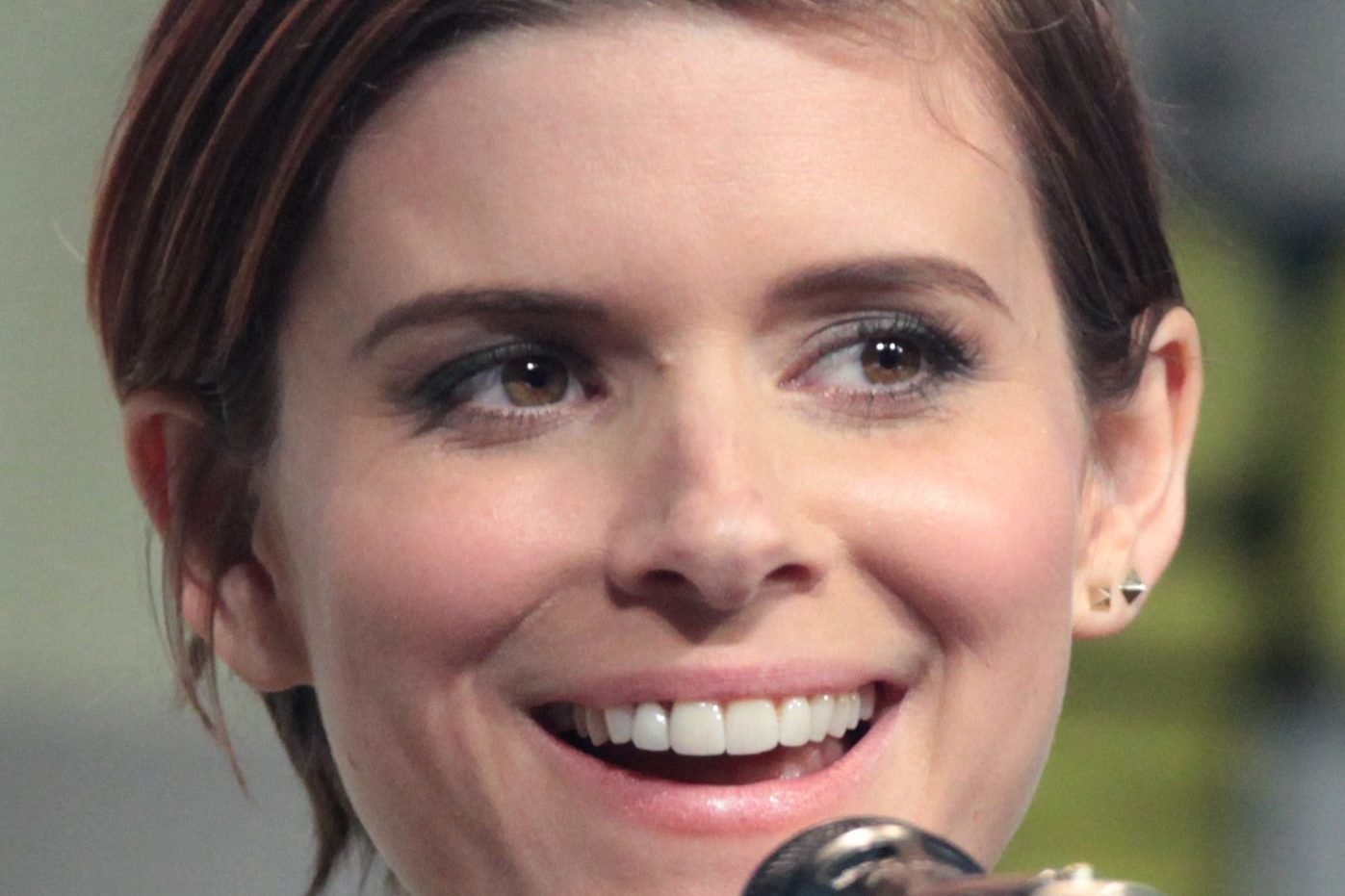On the verge of a whole new season for acclaimed HBO series True Detective, set to start in the mid of summer 2015, creator, writer and director Nic Pizzolatto celebrated a well deserved victory for best drama series at this year’s Writers Guild Awards.
“We’re about halfway through filming season two,” he said in his acceptance speech. “I hope you like it. It could be the end of me.” Honored and shocked at hearing his name as the winner, he found the time to crack a joke from the podium, “From the bottom of my heart, this means the world to me. Next year it’s going to mean even more when I’m looking for a job.”
Nic Pizzolatto, credited as single writer on the show, the true brainchild of his creative mind, saw the project, originally conceived as a novel, all the way through. In fact Pizzolatto is pretty new to Hollywood, he was an accomplished author of novels and short stories before fulfilling his dream of becoming a screenwriter.
He was working on a few ideas for his next novel when, in the summer of 2010, he decided to get into film and TV writing; so he developed his police procedural concept as a TV pilot instead.
It was a troubled and unique journey to get to the place of being today’s most regarded screenwriter.
Thanks to a visual arts scholarship he was able to attend the Louisiana State University, from which he graduated with a B.A. in English and philosophy. And it shows in the rich characters and philosophical structure that defines True Detective.
The death of his fiction professor and mentor was a devastating moment which led him in temporary abandoning his calling and take part-time jobs like bartending in Austin, Texas. But the writing bug resurfaced and he enrolled in the MFA program at the University of Arkansas. While there he collected prizes for his poetry and saw his works published on The Atlantic Monthly. He also started teaching fiction and literature at the University of North Carolina at Chapel Hill, the University of Chicago, and DePauw University.
In the meantime two of his books were published; it gave him initial gratification, but he was aiming higher. If he was going to get into the Hollywood system, he was going to do it on his own terms, without anybody calling the shots for him. After a brief stint into TV writing for the AMC’s show The Killing, he knew he needed to have full control over the material, he needed to become what is called a showrunner.
He locked himself up in a converted garage in Van Nuys and three months later he had a full script ready for True Detective. The problem at that point was gaining the trust of HBO executives to leave everything in the hands of a relatively newcomer but Pizzolatto’s singular vision won them over. Favoring characters development over the investigation aspect of the story was what set the show apart from everything seen before.
In person Pizzolatto appears to be as sharp-witted, enigmatic and with a built-up resentment towards the past as the protagonists of his show. He’s proud of calling himself Italian but at the same time he seems at odds with the heritage.
It’s probably because he didn’t have a happy childhood, as a child he lived in a poor rural area in Louisiana, he had to find escape in literature which was greatly missed at home and, when he hit seventeen, he clashed with his parents and left for good. He hinted at this, without getting too much into it, while conversing about the origin of his last name, “I’m very Italian, I even write very Italian.
Both my grandparents were from Italy, from Sicily; my grandfather being from Palermo. There may even be a small town called Pizzolatto. I visited Italy once but I don’t know much about my history, because I have a complicated relationship with my family.” So it’s the work that speaks for the man.
From the beloved and critically praised novel Galveston to the show that has been saluted as an instant classic, his stories go beyond the clichés of the noir; not a simple whodunit, which Pizzolatto wasn’t interested in anyway, but a far richer portrait of life. His entertainment efforts expand on theology, existentialism, philosophy, human interactions, faith and death, and they have become a window into the mind and soul of this very gifted artist.




























